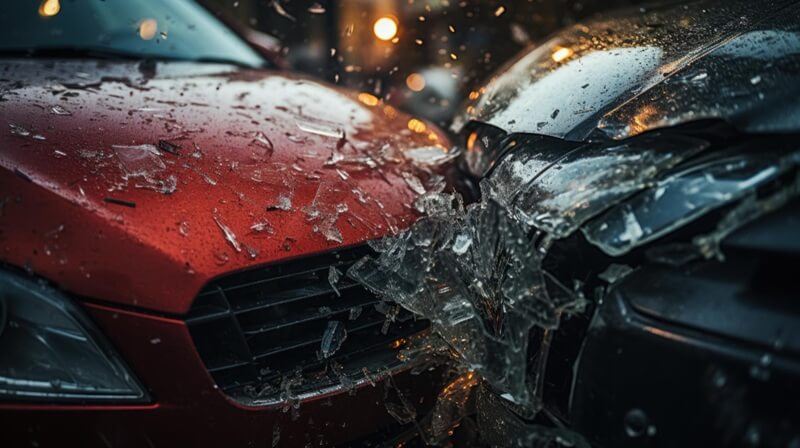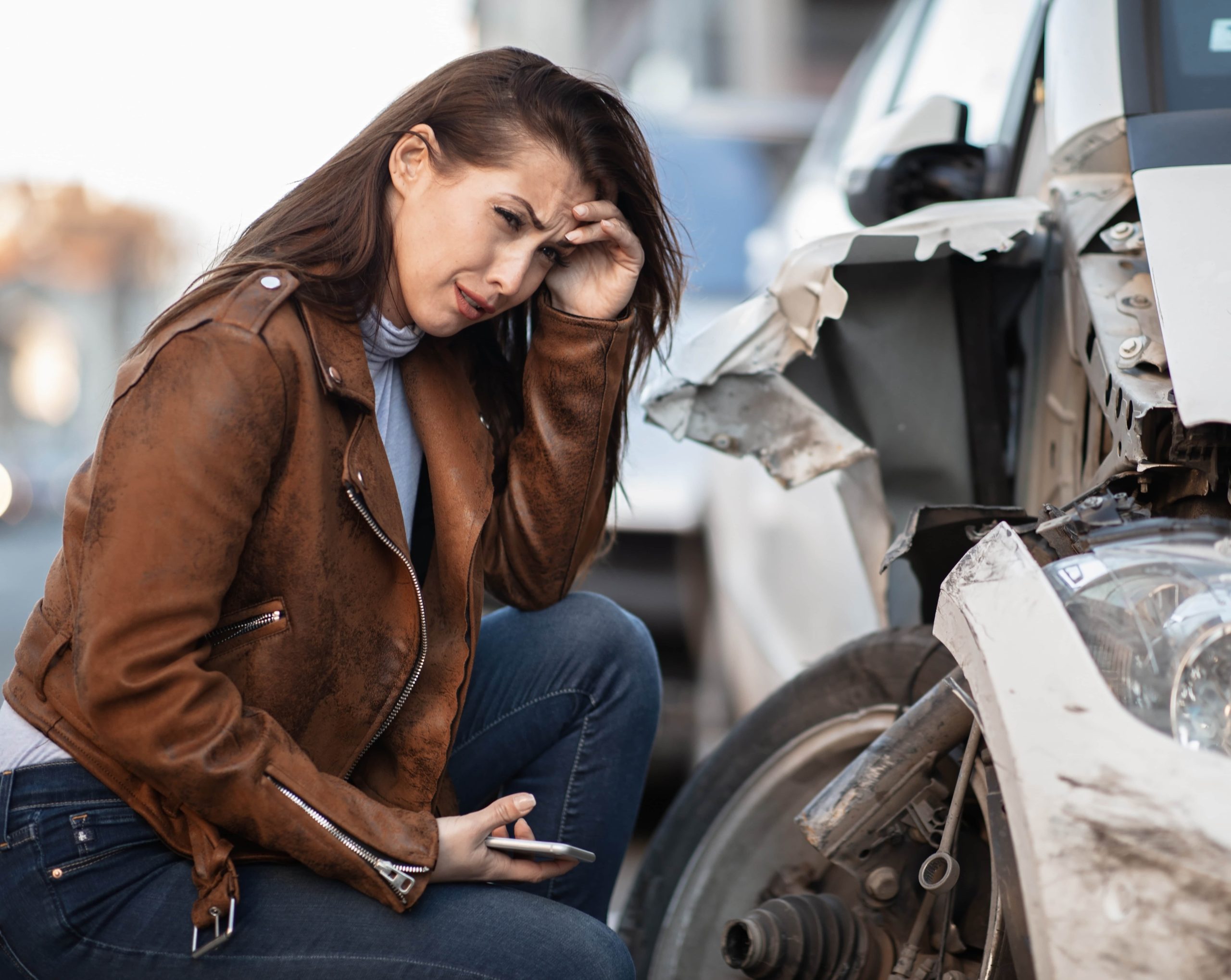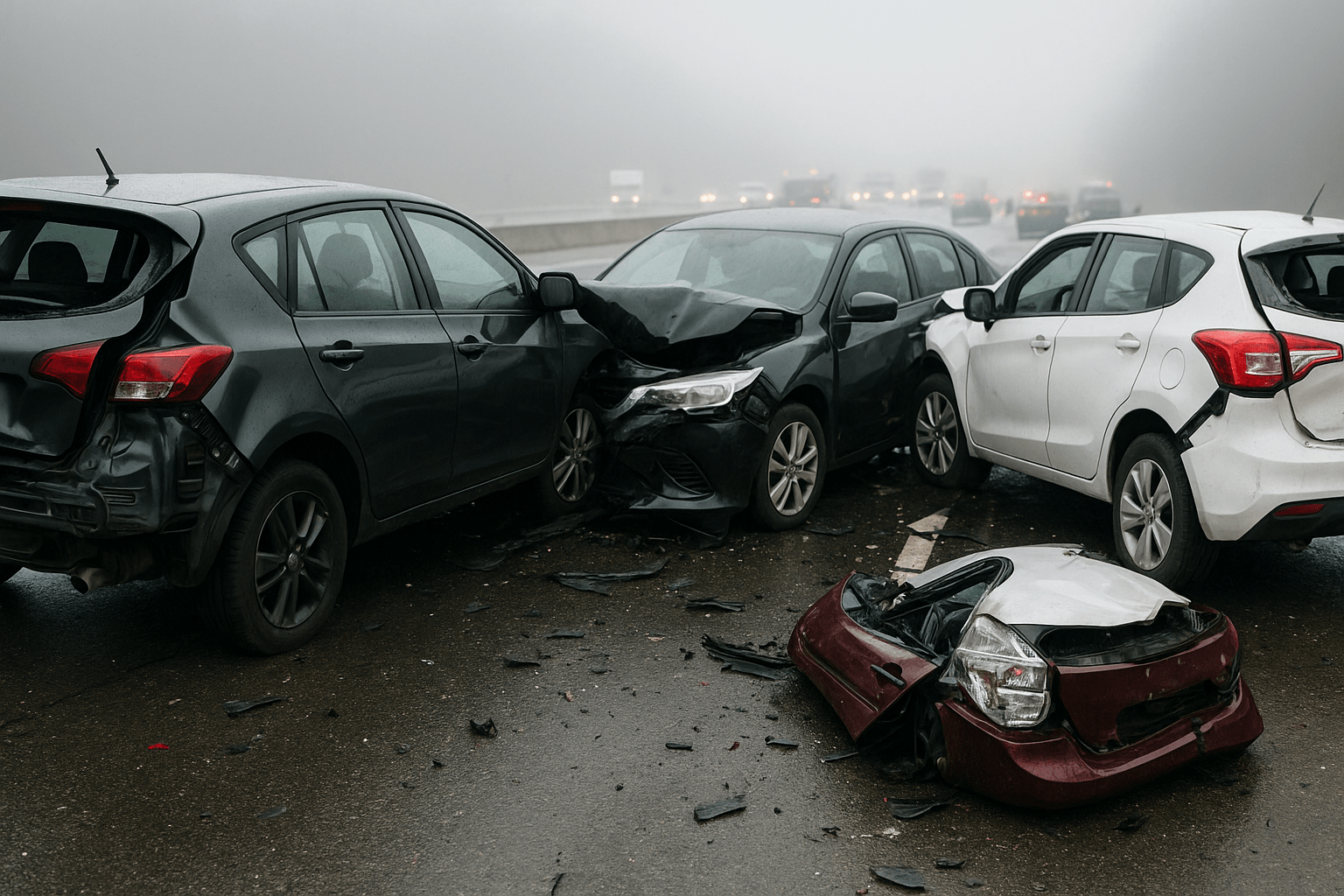A crash can turn a normal day into a checklist you didn’t ask for. The good news is that a few smart moves can protect your health, your claim, and your wallet. Below are the common mistakes drivers make after a car accident in Florida, plus what to do instead.
Key Takeaways
- Stay at the scene, call 911 when required, and exchange information.
- If it’s safe and your vehicle is operable, move it out of travel lanes to prevent secondary crashes.
- Get medical care within 14 days to preserve Florida PIP benefits; use approved providers (MD/DO, dentist, chiropractor, APRN). Massage and acupuncture typically aren’t covered by PIP.
- Don’t admit fault or speculate; Florida uses modified comparative negligence—being 51%+ at fault can bar recovery.
- Decline recorded statements to the other driver’s insurer and avoid signing broad medical authorizations early.
- Preserve evidence fast: photos, dashcam, witness contacts, nearby CCTV, and request the crash report.
- Watch the clock: most Florida negligence claims have a two‑year statute of limitations; evidence often disappears much sooner.
- Be cautious with social media and quick settlement offers.
- A short call with counsel early can prevent expensive mistakes.
1) Leaving the scene or not calling law enforcement when required
What it looks like: Driving away after a “minor” crash or exchanging numbers without involving police when someone mentions pain or a vehicle needs a tow.
Why it hurts your case: Florida requires a long‑form crash report in crashes involving injury/complaints of pain, suspected DUI/hit‑and‑run, a wrecker, or a commercial vehicle. Failing to stop after a property‑damage crash is a crime.
Do this instead: Pull over safely, call 911 when required, render aid if safe, and exchange information; then, before details fade, skim our 8 critical steps after a car accident checklist to capture the right info.
2) Creating a secondary hazard by blocking traffic
What it looks like: Staying in‑lane after a fender‑bender because you want photos first.
Why it hurts your case: It increases the risk of a second crash and can be cited.
Do this instead: If it’s safe and the car is drivable, move to the shoulder or a nearby lot—our short guide on handling the chaos after a collision can help you prioritize—then take scene photos once you’re out of harm’s way (or quickly before moving if it’s safe to do so).
3) Admitting fault or speculating
What it looks like: “I’m sorry—I didn’t see you” or guessing speeds, distances, or right‑of‑way.
Why it hurts your case: Early statements get repeated in reports and negotiations. Fault is determined from evidence, not apologies.
Do this instead: Keep it factual and brief. Exchange information, photograph the scene, and let the investigation develop.
4) Waiting to see a doctor—or seeing a provider PIP won’t cover
What it looks like: Toughing it out for a week, or visiting a provider type PIP doesn’t reimburse.
Why it hurts your case: Florida PIP (no‑fault) generally requires initial treatment within 14 days—see our explainer on how PIP works and what it covers—and some provider types (like massage or acupuncture) aren’t reimbursable under PIP.
Do this instead: Get evaluated the same day if possible by an approved provider (MD/DO, dentist, chiropractor, APRN) or at a hospital/ER/urgent care. Follow up and keep all records.
5) Not documenting the scene and injuries
What it looks like: Two blurry photos and no witness names.
Why it hurts your case: Memories fade; skid marks and debris disappear.
Do this instead: Capture wide and close‑ups of vehicles, plates, the intersection, debris, skid marks, traffic signals, and any visible injuries. Save dashcam clips. Ask nearby businesses or homeowners about cameras.
6) Giving a recorded statement to the other driver’s insurer
What it looks like: Taking a “courtesy call” and answering detailed questions on a recorded line.
Why it hurts your case: Adjusters are trained to minimize payouts (see our overview of insurance & third‑party claims) and lock in statements.
Do this instead: Decline recorded statements to adverse carriers. Notify your own insurer promptly and keep it factual.
7) Signing broad medical authorizations or early releases
What it looks like: Signing the insurer’s paperwork to “speed things up.”
Why it hurts your case: Overbroad authorizations can expose unrelated history; early releases may waive future claims before you know the full extent of injury.
Do this instead: Have an attorney review any forms. Share only what’s necessary.
8) Taking the first settlement offer
What it looks like: A check arrives quickly for totals and you’re tempted.
Why it hurts your case: Early offers often ignore future care, lost wages, and non‑economic damages.
Do this instead: Wait for a stable diagnosis and talk to counsel before signing any release—our primer on the settlement negotiation process explains timing and valuation basics.
9) Posting about the crash on social media
What it looks like: A quick “we’re okay!” post, comments about pain levels, or a gym photo.
Why it hurts your case: Posts and pictures are discoverable and can be taken out of context.
Do this instead: Tighten privacy settings, avoid crash‑related posts, and ask friends not to tag you.
10) Misunderstanding Florida’s modified comparative negligence
What it looks like: Assuming partial fault means no claim—or that you can still recover if mostly at fault.
Why it hurts your case: Florida now bars recovery if you’re greater than 50% at fault (doesn’t apply to medical malpractice). Understanding this early shapes evidence collection and strategy.
Do this instead: Let counsel evaluate fault allocation and build the record accordingly; if you’re exploring your options, start with our car accident attorneys hub and, for local representation, see our Jacksonville car accident lawyer page.
11) Ignoring deadlines and evidence preservation
What it looks like: Waiting months to request the crash report, CCTV, vehicle data, or medical records.
Why it hurts your case: Most negligence claims have a two‑year filing deadline; CCTV and vehicle event‑data recorder (EDR) evidence can overwrite in days or weeks, and FLHSMV’s Crash Facts Annual Report 2023 shows how quickly statewide data is aggregated and why early action matters.
Do this instead: Send preservation letters promptly, secure vehicle access before it’s scrapped, and keep repair and medical paperwork organized.
12) Mishandling property damage, towing, and rentals
What it looks like: Letting a towed car sit in storage, not checking rental coverage, or using only the insurer’s preferred shop without comparison.
Why it hurts your case: Storage fees add up and reduce net recovery; poor documentation of repairs can undercut value‑diminution arguments.
Do this instead: Track daily storage, save all estimates/invoices, photograph pre‑ and post‑repair, and ask about OEM parts and warranties.
13) Not self‑reporting a minor crash when police don’t respond
What it looks like: No officer arrives and you never file anything.
Why it hurts your case: Florida allows or requires a driver self‑report for certain minor crashes within 10 days; without it, there’s no official record.
Do this instead: Use the state form, complete it fully, and keep a copy for your insurer and records.
Quick Florida Crash Checklist
- Check for injuries, call 911 when required, and render aid if safe.
- Move operable vehicles out of travel lanes, then use cones or hazards.
- Exchange information and photograph the scene, damage, plates, and injuries.
- Seek medical care the same day or within 14 days to protect PIP benefits.
- Report the crash as directed and request a copy of the report.
- Notify your insurer promptly, but decline recorded statements to other carriers.
- Keep all bills, records, and repair estimates in one folder.
- Call Jimenez Law Firm, P.A. for a free case review.
Injured in a Florida crash? Speak with Jimenez Law Firm, P.A. today.
Call: (904) 559-5600
Website: https://jimenez-lawfirm.com/
Office: 9430 W Lake Mead Blvd Suite 7, Las Vegas, NV 89134
We serve clients by appointment and can start your case by phone or video.
FAQ
Do I have to call the police after every crash?
Call 911 if anyone is hurt, if there are complaints of pain, if a vehicle needs a tow, if DUI or hit‑and‑run is suspected, or if a commercial vehicle is involved. For minor property‑damage crashes, you may complete a self‑report or exchange form.
Should I move my car after a minor crash?
Yes, if it is drivable and safe. Florida expects drivers to avoid blocking traffic. Take photos first whenever possible.
How long do I have to see a doctor?
Florida PIP generally requires initial treatment within 14 days of the crash. Waiting can hurt both your health and your benefits.
What is the deadline to file a lawsuit?
Most Florida negligence claims have a two‑year statute of limitations, but evidence problems can arise much sooner. Speak with an attorney as early as possible.
Can I still file a claim if I was partially at fault?
Explains Florida’s 51% modified comparative negligence rule.
What if I was injured in a hit-and-run?
Points to uninsured motorist coverage and includes an internal link to:
How to handle a hit-and-run accident in Florida
Should I talk to the other driver’s insurance company?
Clear “don’t do it” advice with explanation, reinforces earlier points.



